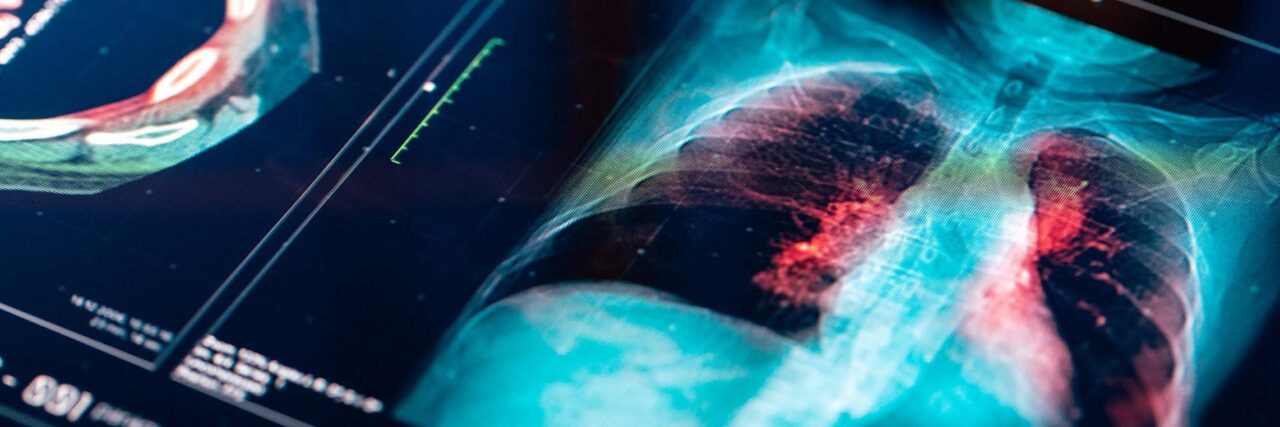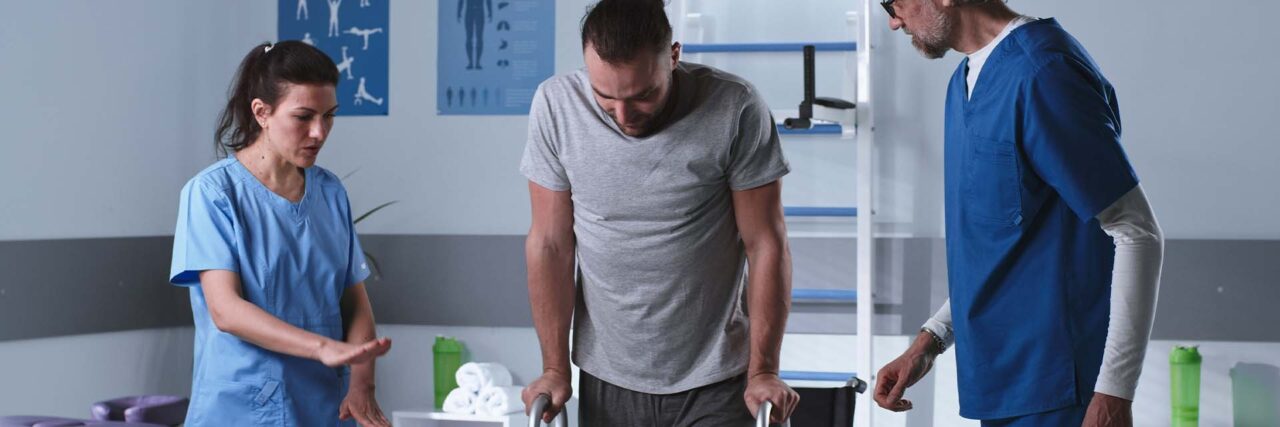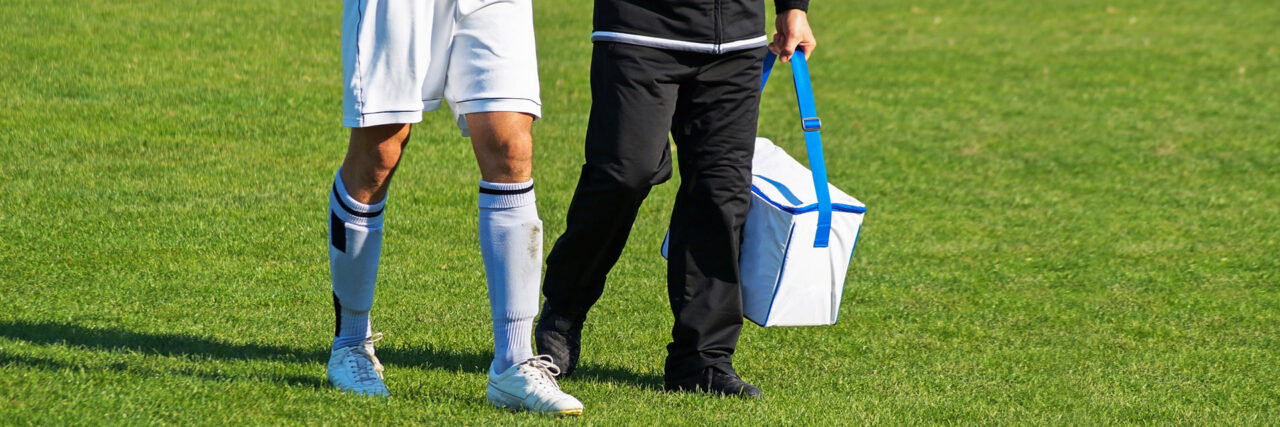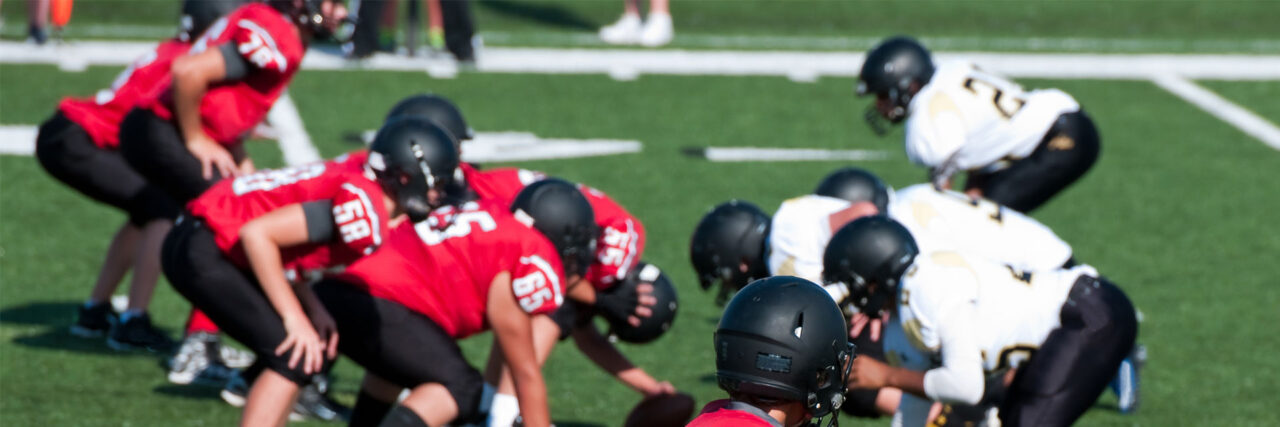November 20th, 2018
Basketball Knee Injury 101: Six Common Injuries to Avoid

Rothman Orthopaedic Institute Offers Treatment for Knee Injuries That Commonly Affect Athletes
Whether you are a basketball player, a coach, or a parent, it’s important to understand the risks of the sport. Basketball does not feature as many injuries as some other team sports, such as football or soccer, but basketball players are at a particularly high risk for certain injuries.
A basketball knee injury is top of the list for risk. The intense, repetitive jumping motions that are an essential part of this sport make injuries due to stress and overuse a serious, persistent issue for basketball players. Likewise, rapid motions and hard court surfaces increase the likelihood of traumatic knee injuries from slips, trips, and falls.
Awareness is key to effective basketball knee injury prevention; players who understand the associated risks of their athletic activity and the measures they can take to reduce those risks are far less likely to experience injuries. As Sports Medicine specialists, Rothman Orthopaedic Institute has extensive experience treating basketball knee injury issues. We are familiar with the patterns of injury among players.
We’ve used our experience treating and speaking directly with basketball players to compile the following introduction to six of the most frequently suffered knee injuries: patellar tendonitis, knee ligament sprains, knee tendon strains, anterior cruciate ligament (ACL) tears, posterior cruciate ligament (PCL) tears, and meniscal tears. We hope that greater knowledge regarding these injuries will help you to prevent injuries from occurring on and off the basketball court.
Patellar Tendonitis
Also known as “jumper’s knee,” patellar tendonitis is the painful inflammation of the tendon that connects the kneecap to the shinbone. This tendon supports many of the high-impact motions that are central to the game of basketball (such as jumping, running, and shock absorption). If inflammation and tendon damage are left unaddressed, a tear of the patellar tendon may result.
Knee Ligament Sprains
According to basketball knee injury statistics, sprains of the knee are the third most common cause for missed games among basketball players. This type of basketball knee injury involves stretching and damage to the ligaments that connect the bones of the knee. Sprains generally result from either direct trauma or damage to the ligament resulting from overuse.
Knee Tendon Strains
Similar to sprains, strains of the knee are common among basketball players. Whereas sprains affect the ligaments of the knee, strains involve stretching damage to the tendons of the knee, which connect bones to the associated muscle of the knee.
ACL Tears
Anterior cruciate ligament (ACL) tears are some of the most common traumatic orthopedic injuries among athletes, including basketball players. The ACL, which serves to connect and stabilize the bones of the knee joint, can suffer a sprain or tear. These types of injuries are often caused by sudden stops, incorrect jumping lands, or quick changes of direction during basketball activity.
PCL Tears
Like the ACL, the posterior cruciate ligament (PCL) connects and stabilizes the bones of the knee joint. These injuries, which generally result either from a blow to the front of the knee or from twisting and hyperextension, are less common than ACL sprains. They are nevertheless a prevalent risk among basketball athletes.
Meniscal Tears
The meniscus is a large piece of cartilage that separates the thigh bone and shinbone and serves to absorb shock within the knee joint. Similar to PCL tears, sprains or tears of the meniscal cartilage may result from traumatic twists of the knee during basketball activity.
Orthopaedic Knee Treatments at Rothman Orthopaedic Institute
While many of these injuries may be effectively prevented through cautious playing, strength training, stretching, and careful avoidance of overuse, the risk of basketball knee injury can never be entirely eliminated. If you have experienced an orthopedic knee injury and are in pursuit of elite-quality care, the knee specialists at Rothman Orthopaedic Institute are here for you. To learn more, visit us here or contact us at 1-800-321-9999.













